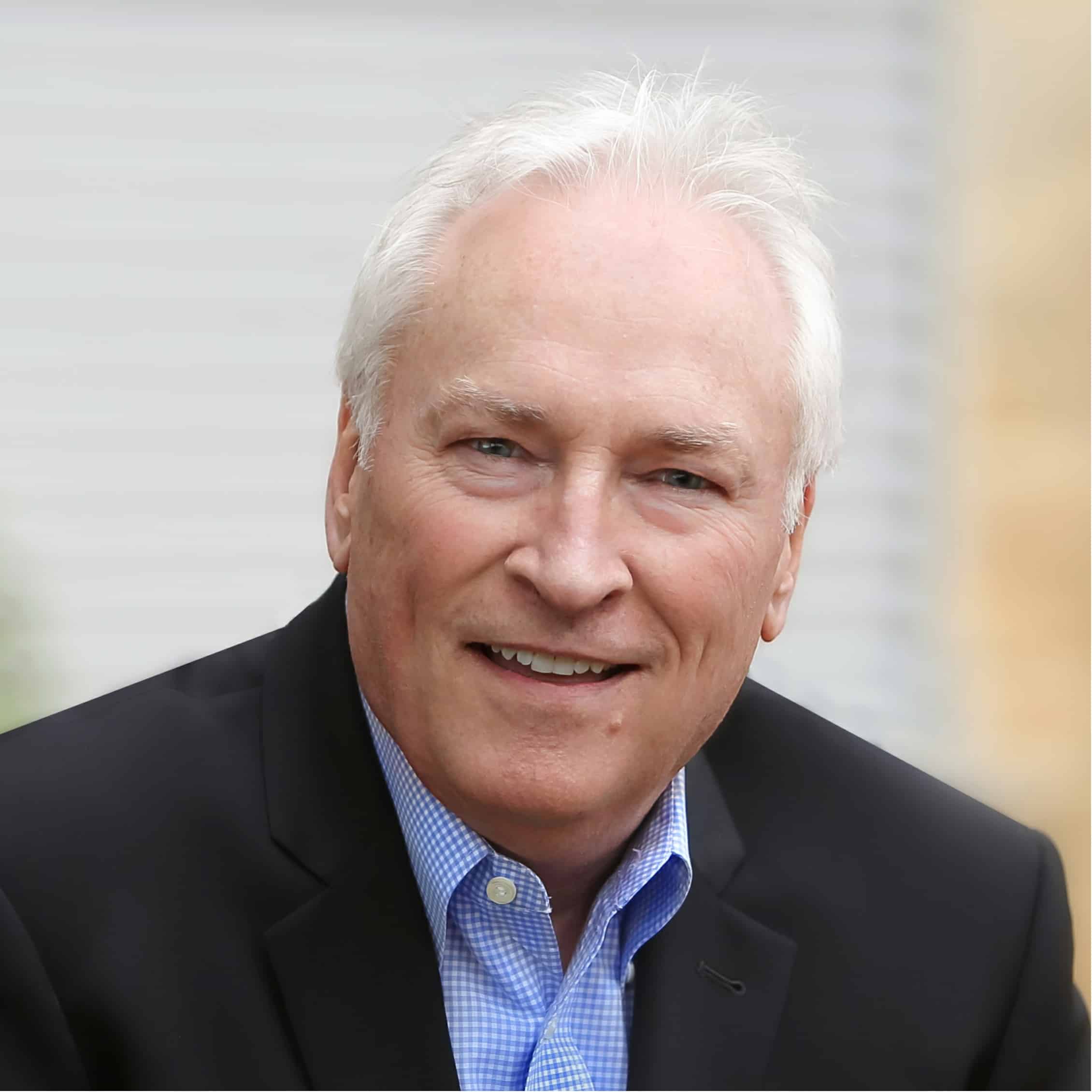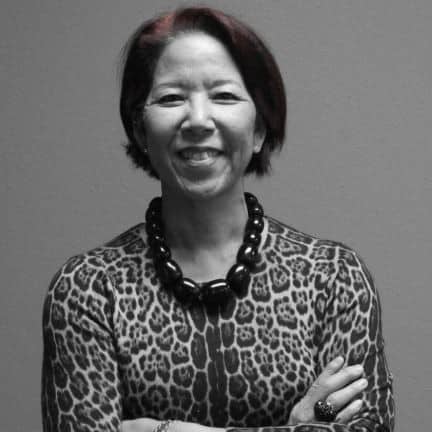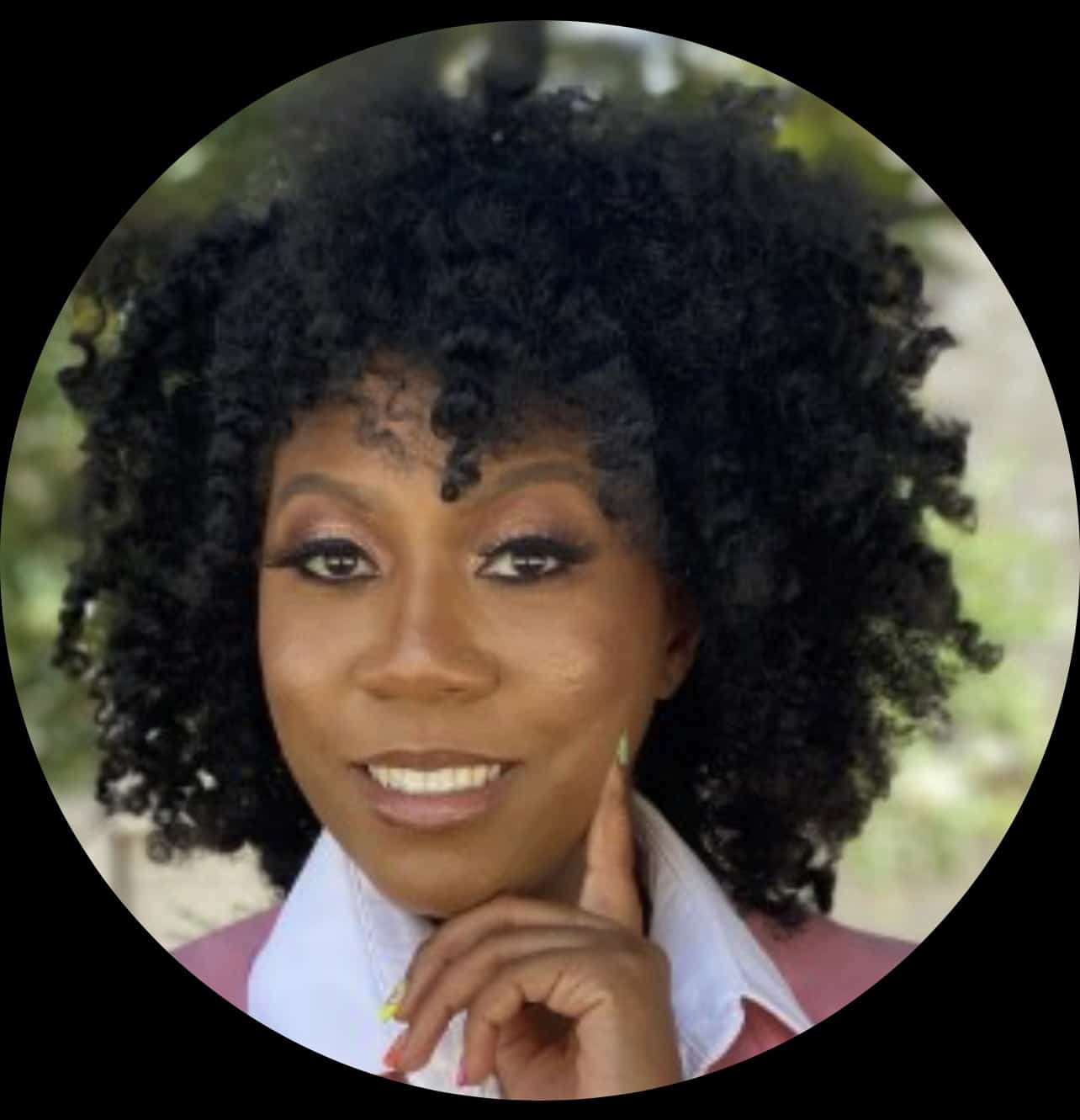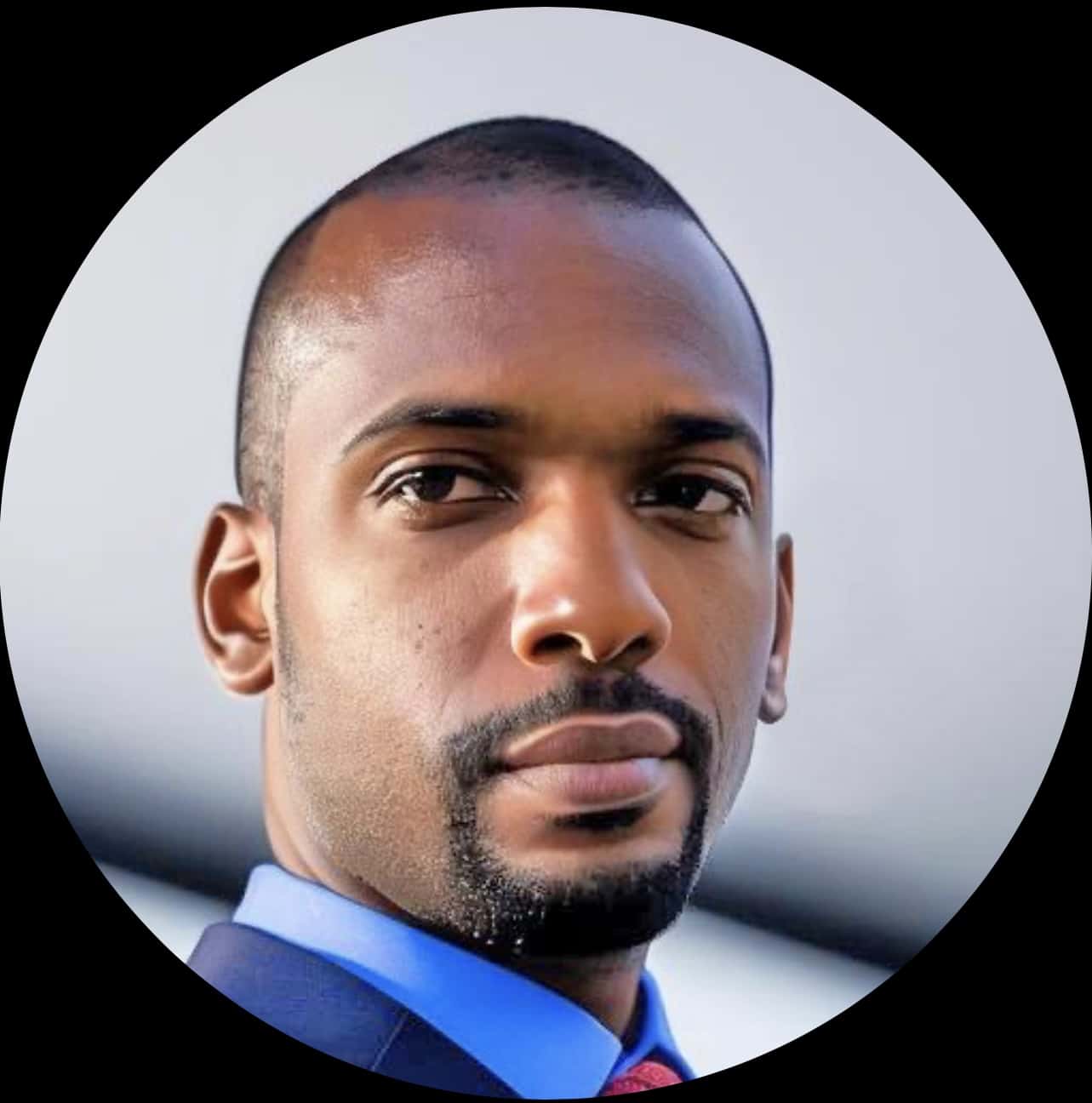The topic of diversity, equity and inclusion (DEI) has become a central issue of President Donald Trump’s second term, with Trump vowing to end DEI initiatives in the federal government and advising businesses to follow suit. However, many promo professionals believe having a diverse workforce is only beneficial for the industry.
On Day 1, Trump signed an executive order terminating all DEI programs, initiatives and positions in the federal government, alleging they were discriminatory. He signed another executive order a day later threatening private companies to end their “immoral” DEI programs in favor of “merit-based” opportunities.
Since the passages of these executive actions, several companies have scaled back their DEI initiatives, including Walmart, Meta, Amazon, McDonald’s, Ford and Target. Other business, like Costco, Apple, JP Morgan and Goldman Sachs, have stood by their inclusion practices.
RELATED: Trump’s Executive Orders: What Should Promo Look Out For?
“This new administration, and the many companies following suit, are exposing themselves as missing the point of what having DEI policies really means,” says Tricia Johnson, vice president of store solutions for Los Angeles-based business services provider Prodigy Commerce. “Many consumers are feeling lied to (i.e., Target), and clinging to companies choosing to stand on their DEI practices (i.e., Costco).”

Tricia Johnson
VP of Store Solutions, Prodigy Commerce
Though Trump is dismantling DEI on the federal level, companies should still adhere to local and state mandates, according to Don Michalik, brand merchandise expert at Austin, Texas-based distributor BrandSwagR.
“The influence of Trump’s executive orders extends significantly over federal entities but has limited power over state and local laws unless those laws are tied to federal funding or federal contractors,” says Michalik. “If you have clients in those categories, it would be wise to have a conversation with them about how this might affect your business. Distributors and suppliers must comply with local and state laws regarding DEI hiring practices, as these laws are legally binding within their jurisdictions.”

Don Michalik
Brand Merchandise Expert, BrandSwagR
Local Government Hits Back
Not surprisingly, Trump has been met with backlash over these decisions, both in the public discourse and most recently in the courts.
- On Monday, the city of Baltimore, along with multiple advocacy groups, sued the Trump administration over its efforts to stifle DEI, claiming they’re “unlawfully vague” and block Congress’ constitutional power.
“In his crusade to erase diversity, equity, inclusion and accessibility from our country, President Trump cannot usurp Congress’s exclusive power of the purse, nor can he silence those who disagree with him by threatening them with the loss of federal funds and other enforcement actions,” the plaintiffs contend, according to reporting from Lauren Berg of Law360.
Understandably, many attendees of the Inclusive Impact Meetup at The PPAI Expo 2025 don’t support the president’s stance on DEI.
“I find it disheartening and disappointing to see the current administration spending time dismantling the work in this space,” says Cindy Tsuji, senior account executive for Image Source, PPAI 100’s No. 47 distributor. “The data shows that diversity fosters creativity and innovation. Making employees feel valued and respected only enhances productivity.”

Cindy Tsuji
Sr. Account Executive, Image Source
Benefits of DEI in the Workplace
Research has shown organizations with diverse employees are not only more successful but are more attractive to top talent and more likely to retain them.
- Companies with a DEI team were 22% more likely to be seen as “an industry-leading company with high-caliber talent” and 12% more likely to be seen as an “inclusive workplace for people of diverse backgrounds,” according to a LinkedIn study.
Research from McKinsey & Company found having a diverse workforce equips businesses to financially outperform their competitors.
- Organizations in the top quartile for ethnic diversity have a 36% higher likelihood of financial outperformance.
- Companies in the top quartile for gender diversity have a 25% higher likelihood of financially outperforming their peers.
A Boston Consulting Group study found that companies with above-average diversity in their leadership teams reported innovation revenue at rates 19 percentage points higher than those with below-average diversity in management.
- Less than one-third (32%) of PPAI 100 suppliers’ leadership teams and only 19% of PPAI 100 distributors’ leadership teams are nonwhite, according to PPAI’s The State of Responsibility 2024.
- Meanwhile, 8% of PPAI 100 distributors’ leadership teams and 5% of PPAI 100 suppliers’ leadership teams are a part of the LGBTQ community.
Almost 80% of employees believe it’s important for their company to foster an inclusive culture, according to a national study by consultancy firm Seramount. However, more than half of Gen Z and millennials aren’t satisfied with their current organization’s progress in creating a diverse and inclusive workplace, according to the Deloitte Global 2022 Gen Z & Millennial Survey.
“The data is clear: Diverse and inclusive companies consistently outperform their peers,” says Latisha Marshall, senior vice president of operations for ePromos Promotional Products, PPAI 100’s No. 30 distributor.

Latisha Marshall
SVP of Operations, ePromos Promotional Products
“DEI drives innovation, improves decision-making and cultivates environments that foster success. These aren’t just ideals – they’re proven strategies that enhance the bottom line and ensure long-term sustainability. While political debates and distractions may come and go, the undeniable value of diversity and inclusion will remain.”
‘DEI Isn’t a Trend or Buzzword’
Robert Fiveash, president and co-owner of Brand Fuel, PPAI 100’s No. 46 distributor, believes having a diverse workplace has positively benefited his company.
“My business partner Danny Rosin and I have always felt that for Brand Fuel, a diverse team that comes with many experiences and from many perspectives makes us a stronger company,” Fiveash says. “To us, there is no question that promoting our version of DEI – where we attempt to make sure all employees feel included and the opportunities that exist are open to any qualified employee, all in an environment that values diverse opinions and people – is the right thing to do.
“And it’s good for business. We simply cannot deliver on our brand promise of trust and originality without the benefits that a commonsense approach to DEI brings to us.”

Robert Fiveash
President & Co-owner, Brand Fuel
Marshall notes that DEI isn’t just about including people based on their skin color or gender identification, but it’s about making sure all people feel included.
“DEI isn’t a trend or buzzword – it represents a foundational shift in building stronger, more innovative organizations and communities,” Marshall says. “DEI is about inclusion in its entirety, going beyond the surface to create spaces where everyone feels valued and empowered.”
RELATED: ‘Still Have A Long Way To Go:’ How The Industry Can Be More Welcoming’
There are several practices in the workplace that many people would be surprised to hear are DEI-related, according to Johnson.
“DEI policies aren’t an exclusive practice by its very definition,” she says. “Any employee can benefit from real DEI policies and practices. Parental leave for all parents is a DEI practice. WFH is a DEI practice. Flexible PTO policies is a DEI practice. Those are just three inclusive initiatives that any employee, regardless of race, sex, gender or orientation, can benefit from.”

Gary Carr
Owner, Banepoint
Gary Carr, owner of Georgia-based distributor Banepoint, urges small businesses to continue DEI efforts, but to do so discreetly if needed.
- Of the industry’s 38,000 companies in the U.S., some 98% are considered small businesses.
“Given today’s climate, it’s difficult to verify whether someone is hired or contracted due to DEI policies, and this ‘gray area’ will likely be exploited for the foreseeable future,” says Carr. “Large corporations like Costco, Chase and Apple – bolstered by abundant resources – can publicly champion DEI (at least for now). However, smaller businesses may not be equipped to openly oppose federal mandates. Therefore, I advise smaller companies to remain discreet while continuing to foster DEI practices internally.”
After all, having a diverse staff is worth fighting for, Tsuji says.
“The added bonus of collective intelligence, insights and skillsets of diverse populations provide opportunities for companies to strengthen their workforce,” she says. “DEI is worth defending, and I remain hopeful for our industry to continue to lead with kindness and care for one another.”


